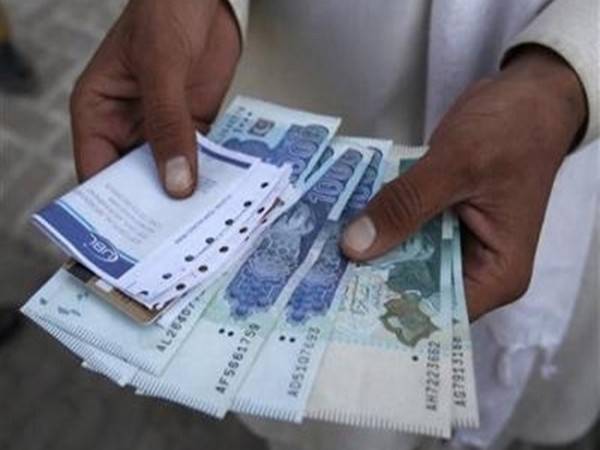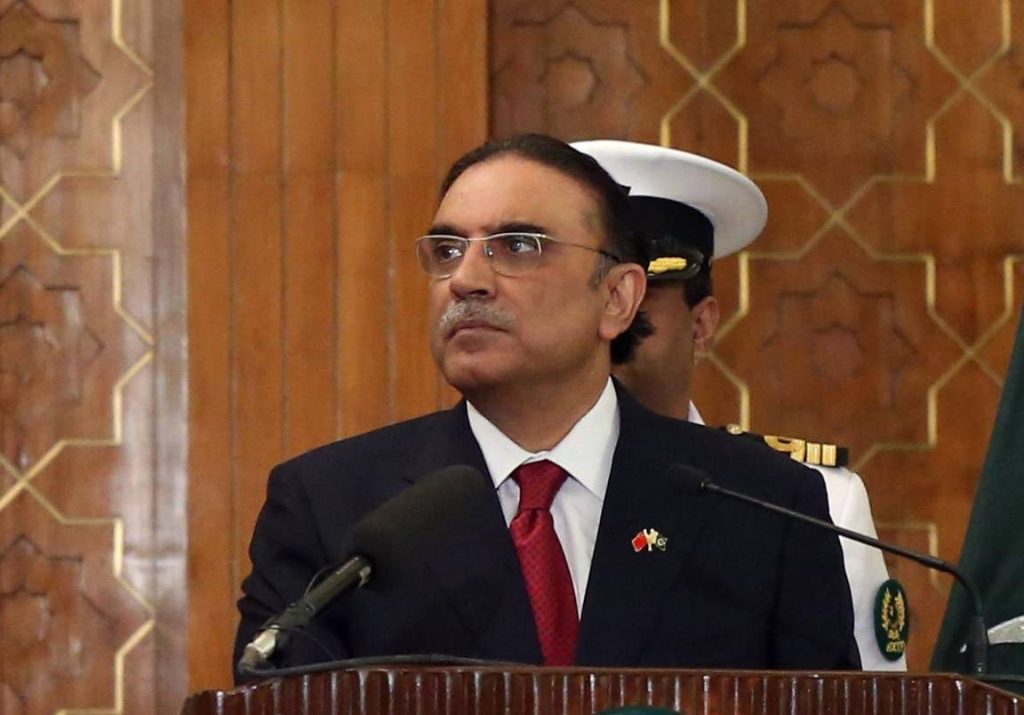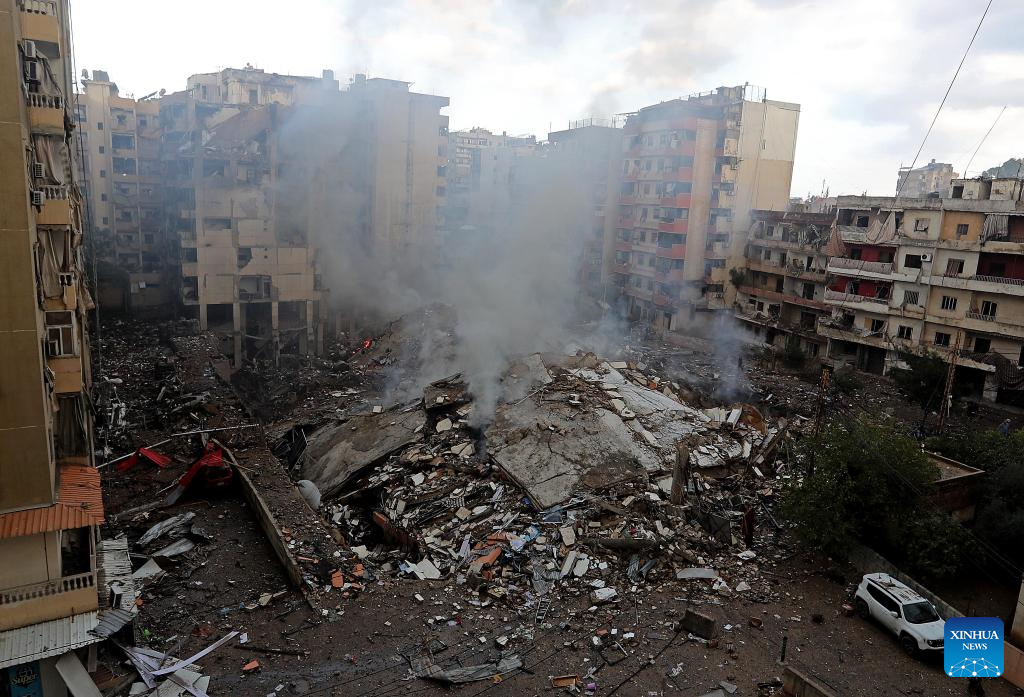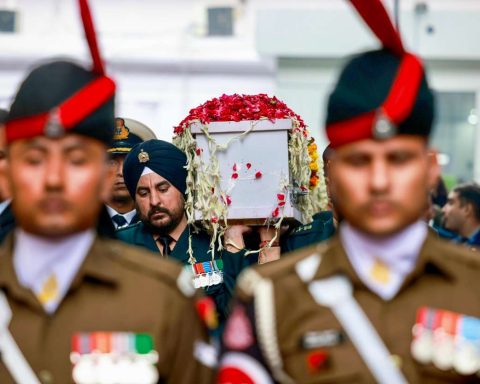Pakistan’s former Finance Minister, who is also a senior Pakistan Muslim League member, has warned of dire consequences …writes MAHUA VENKATESH
Will Pakistan, engaged in negotiations with the International Monetary Fund (IMF) for a bailout package be able to implement the stringent conditions set by the multilateral lender? The IMF has prescribed rolling back of fuel subsidies and several other exemptions. Immediately after taking charge, Pakistan’s newly appointed Finance Minister, Miftah Ismail paid a visit to Washington to resume negotiations with the IMF. The country could face solvency issues if there are further delays in receiving a bailout package, analysts said.
While Ismail has been in favour of removing the subsidies, Ishaq Dar, Pakistan’s former Finance Minister, who is also a senior Pakistan Muslim League member, has warned of dire consequences in case Islamabad accepted the IMF diktat.
“We have to run the country and not ruin it by taking dictations,” Dar told Geo News.
Dar told the news channel that the government should renegotiate the bailout package provided by the IMF.
“Naturally such contradicting statements will create more confusion and will only add more economic woes,” an analyst on condition of anonymity told India Narrative.
Pakistan’s former Prime Minister Imran Khan slashed prices of petrol and other commodities till the Budget session in June just before exiting. The subsidies would cost nearly $2.1 billion to the exchequer. Though the move, which violated the IMF conditions, came under severe criticism, the Shehbaz Sharif government has not rolled it back. This retention will put enormous pressure on the exchequer and exacerbate an already festering situation, a report by Observer Research Foundation said.
Karachi-based newspaper Dawn in an editorial noted that any further delay in the IMF agreement would not only cause irreversible damage to the economy and also affect negotiations with Saudi Arabia and China for financial support. “This situation is unsustainable,” it said.
D.K. Srivastava, Chief Economic Advisor, EY India, said Pakistan needs to focus on fixing the structural issues.
“There are structural issues especially in relation to sustainability of government debt, its external debt is particularly high..this is an area which is of concern and needs immediate attention,” Srivastava added.
Though, Pakistan has faced grave economic challenges in the past, this time it is in the grip of an unprecedented crisis with high inflation, dwindling foreign exchange reserves, ballooning external debts, lack of investments amid rising political volatility.
Political stability is crucial for any economy to perform well and Khan’s massive public rallies and open spat with the country’s military and the ruling coalition is only making the situation even worse.
Sharif, who has reached London to meet elder brother and party supremo Nawaz Sharif, needs to act fast if it has to arrest the rapid fall of the country’s economic situation.
(The content is being carried under an arrangement with indianarrative.com)







